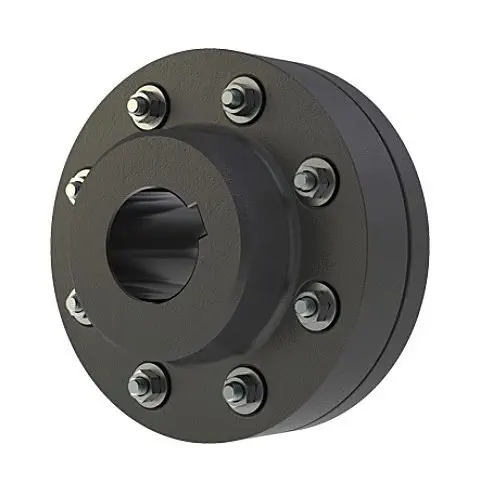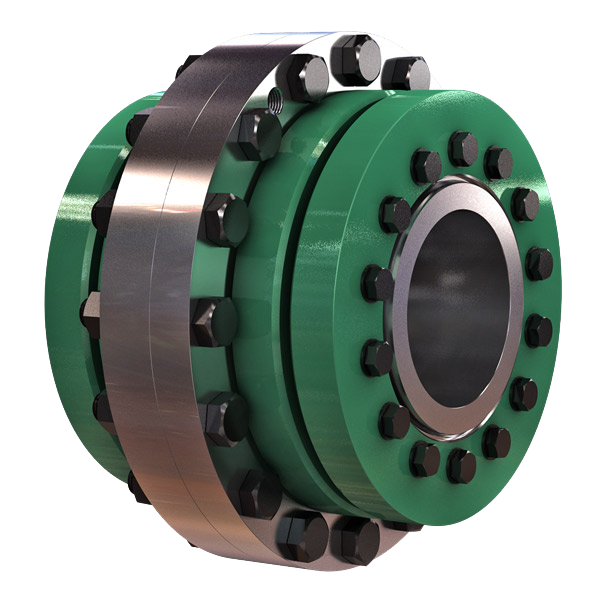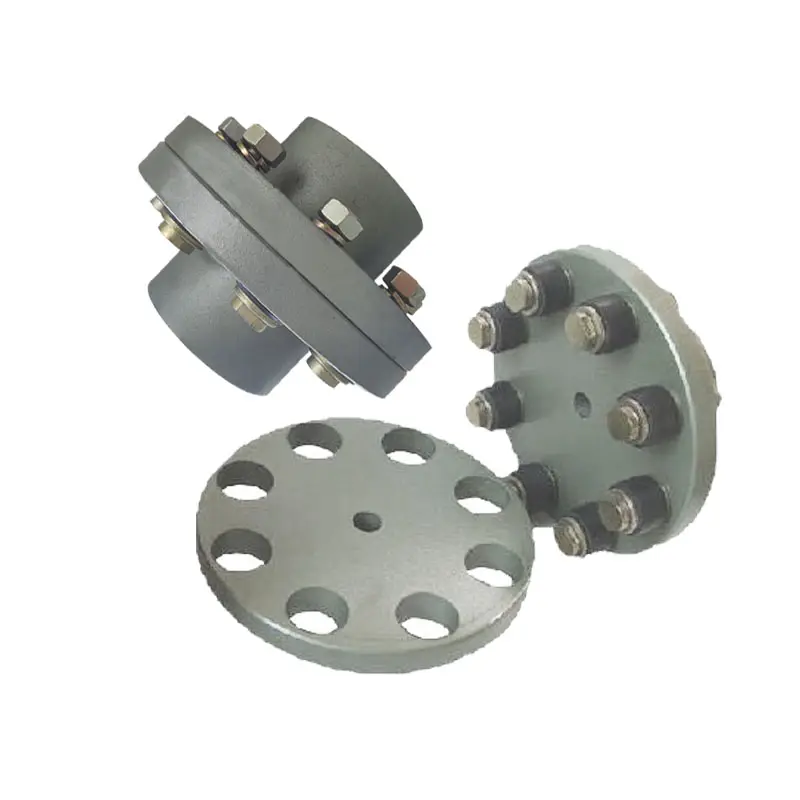“`html

Introduction to Flange Coupling for Sewage Treatment Plants
What is Flange Coupling?
Flange coupling is a type of coupling device meant to bring together two separate shafts, typically in heavy machinery, to transmit power. It consists of two flanges, one on each shaft, which are connected by bolts.
Key Features of Flange Coupling
This coupling is known for its high torque capacity and robust construction, making it ideal for demanding applications such as those found in sewage treatment plants.
Applications in Sewage Treatment
In sewage treatment plants, flange couplings are used to connect motors and pumps, facilitating the efficient movement and treatment of wastewater.
Features of Flange Coupling
- Durability: Made from high-quality materials, flange couplings are built to last, even in harsh environments like sewage treatment plants.
- High Torque Capacity: They are capable of transmitting high levels of torque, essential for the heavy-duty machinery used in sewage treatment.
- Easy Maintenance: The design of flange couplings allows for easy access and maintenance, minimizing downtime.
- Versatility: Flange couplings can be used in a variety of applications, making them suitable for various machinery within sewage treatment plants.
- Alignment Accuracy: They ensure precise shaft alignment, crucial for the efficient operation of equipment.

Advantages of Flange Coupling in Sewage Treatment
- Resistance to Corrosion: Flange couplings are often made of materials resistant to corrosion, essential in the chemically aggressive environment of sewage treatment plants.
- Reliability: Their robust design makes flange couplings reliable components of sewage treatment infrastructure, reducing the risk of failure and downtime.
- Efficiency: By ensuring a secure and stable connection, flange couplings contribute to the efficient operation of sewage treatment processes.
- Cost-Effectiveness: The durability and low maintenance requirements of flange couplings make them a cost-effective solution for sewage treatment facilities.
- Adaptability: These couplings can handle variations in load and speed, accommodating the dynamic conditions of sewage treatment processes.
How Flange Couplings Work in Flexible Applications
Flexible couplings accommodate misalignment between shafts, dampen vibrations, and absorb shocks. In a flange coupling, this flexibility is achieved through the use of elastomeric inserts or mechanical flexibility of the flange material, maintaining the transmission of power while providing tolerance for shaft misalignment and reducing the transmission of vibration and shock through the system.
This flexibility is crucial in sewage treatment plants, where equipment alignment can be affected by various factors, including settling of foundations or thermal expansion. The ability to accommodate misalignment ensures that the machinery continues to operate efficiently without undue stress on components.
Moreover, the dampening characteristics of flexible flange couplings protect machinery from the potential damaging effects of vibration and shock loads, common in the variable load conditions of sewage treatment processes.
Choosing the Right Flange Coupling for Your Application
- Torque Requirements: Consider the torque requirements of your application to select a coupling with adequate capacity.
- Shaft Size and Spacing: Ensure the coupling fits the shaft sizes and spacing in your equipment.
- Environmental Conditions: Choose materials and designs suitable for the environmental conditions, including exposure to chemicals and moisture.
- Maintenance Capabilities: Consider the ease of maintenance and access to the coupling in your system design.
- Cost: Balance the initial cost with the expected lifespan and maintenance needs to find a cost-effective solution.

Maintenance of Flange Coupling
Maintaining flange couplings is crucial for ensuring the reliability and longevity of machinery in sewage treatment plants. Regular inspections should be conducted to check for signs of wear, corrosion, or damage. Bolts should be checked for proper tightness, and the alignment of the coupling should be verified periodically to prevent excessive wear or failure. Proper lubrication of the coupling, where applicable, can also extend its life and improve its performance. The significance of routine maintenance cannot be overstated, as it helps prevent unexpected downtime and costly repairs.
About HZPT
HZPT, established in 2006, is a professional manufacturer and exporter specialized in the design, development, and production of couplings. With our own design and R&D team for 16 years, we offer customization to meet global client requirements. Our comprehensive quality inspection system from raw materials to finished products ensures all our products are CE and TUV certified. We are committed to customer satisfaction and pursue excellence in all our products and services. Our main products include various types of mechanical industry couplings, with our main customers in Europe and America, where we have a prestigious reputation. We provide optimal services, top-quality products, and competitive prices. Choosing HZPT means choosing reliability, quality, and customer-focused service. We look forward to cooperating with you and establishing successful business relationships worldwide.
“`
